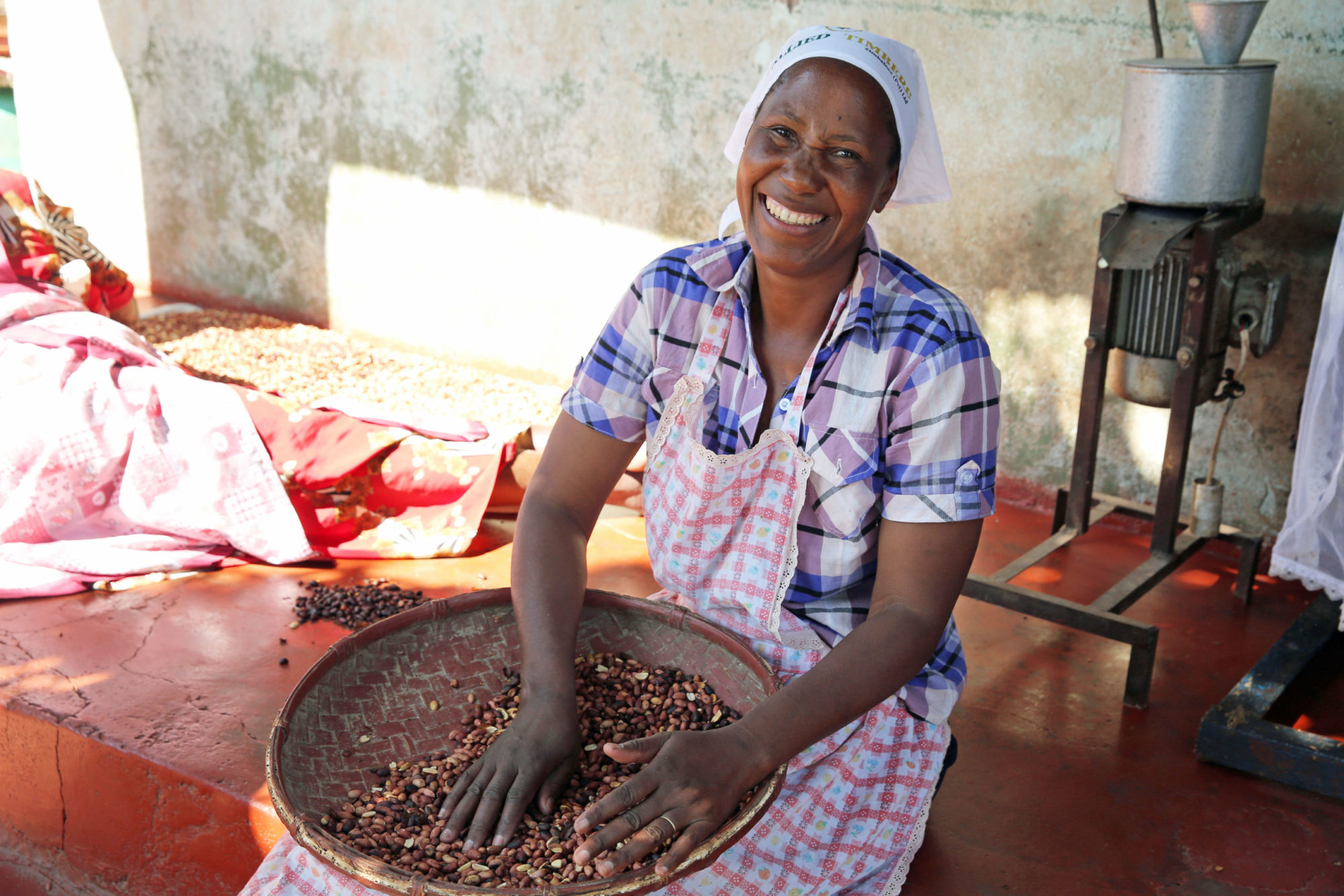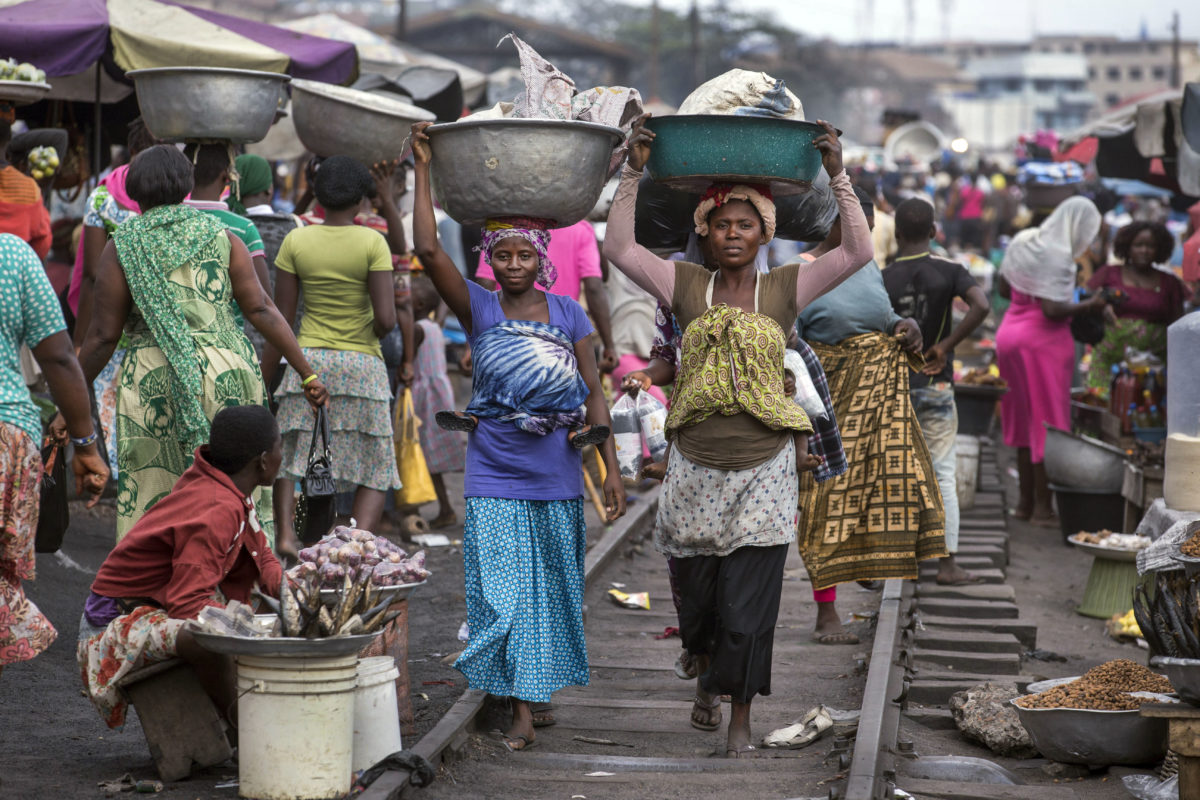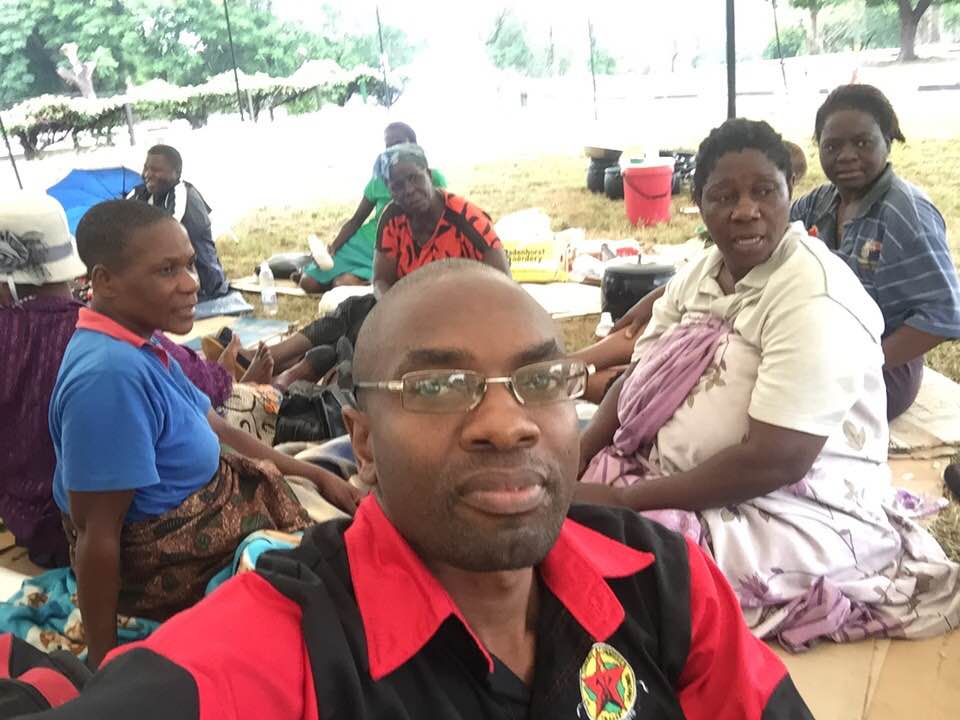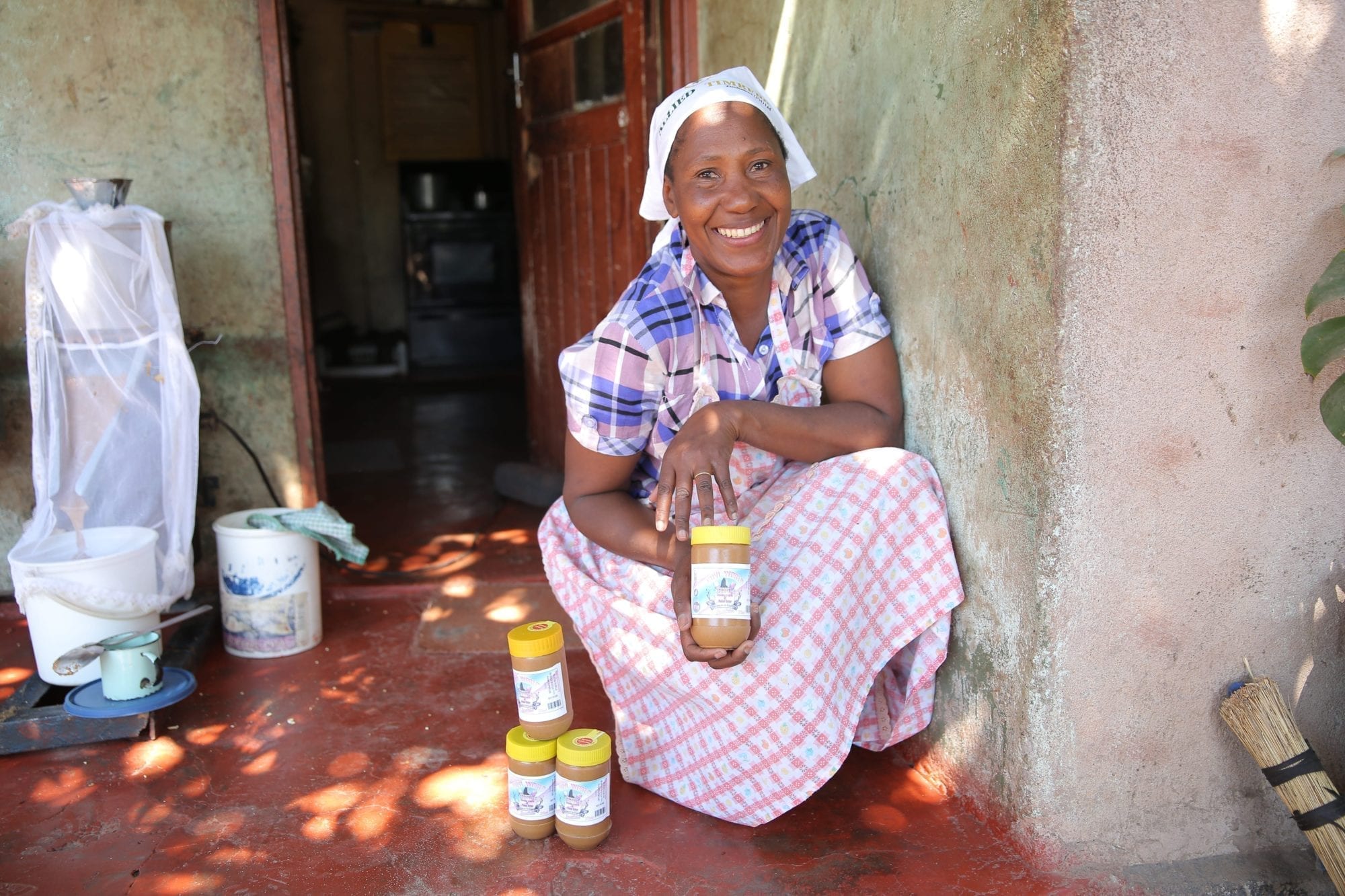Informal workers are routinely excluded from economic and political decision-making, and their work is systematically devalued and made invisible. The COVID-19 pandemic has only intensified these dynamics and has resulted in skyrocketing rates of domestic violence,...

In Zimbabwe, the Solidarity Center supports training to educate and mobilize working women, who comprise the majority of economically-struggling workers in the informal sector. Credit: Solidarity Center/Jemal Countess
The Solidarity Center supports efforts by pro-worker groups such as the Zimbabwe Congress of Trade Unions (ZCTU) and its allies in Zimbabwe, where the trade union movement creates space for independent action and dialogue despite government intimidation.
Leaders and members of the country’s union movement, the largest and most vocal civil society organization in the country, often are targets of violence, and unions face legal and bureaucratic attacks that essentially deny working people their fundamental rights to freedom of association and collective bargaining.
The Solidarity Center supports research by Zimbabwe’s independent economic think tank, LEDRIZ (Labor and Economic Development Research Institute of Zimbabwe), which provides unions with reliable information to take into collective bargaining negotiations with employers, and bolsters their advocacy efforts with state and local officials on behalf of the millions of Zimbabweans struggling to earn a living.
The Solidarity Center supports training to educate and mobilize working women, who comprise the majority of economically-struggling workers in the informal sector, and with Solidarity Center support, the ZCTU and the Zimbabwe Chamber of Informal Economy Associations (ZCIEA) organize these workers so they have a strong collective voice to champion their rights.
Zimbabwe Union, Leader, Targeted in Advance of Worker Protests
The Zimbabwe police have placed Zimbabwe Confederation of Trade Unions (ZCTU) President Peter Mutasa on a “wanted list” and branded ZCTU as a terrorist organization following the union confederation’s calls for a national mobilization against government corruption and...
With Unions, Informal Economy Workers Gain Rights
Taxi drivers in Ghana, tortilla vendors in Honduras and Asian domestic workers in countries across the Gulf region—all are part of the world’s informal economy, comprising 2 billion workers or 61 percent of the global workforce. Although informal economy workers...



